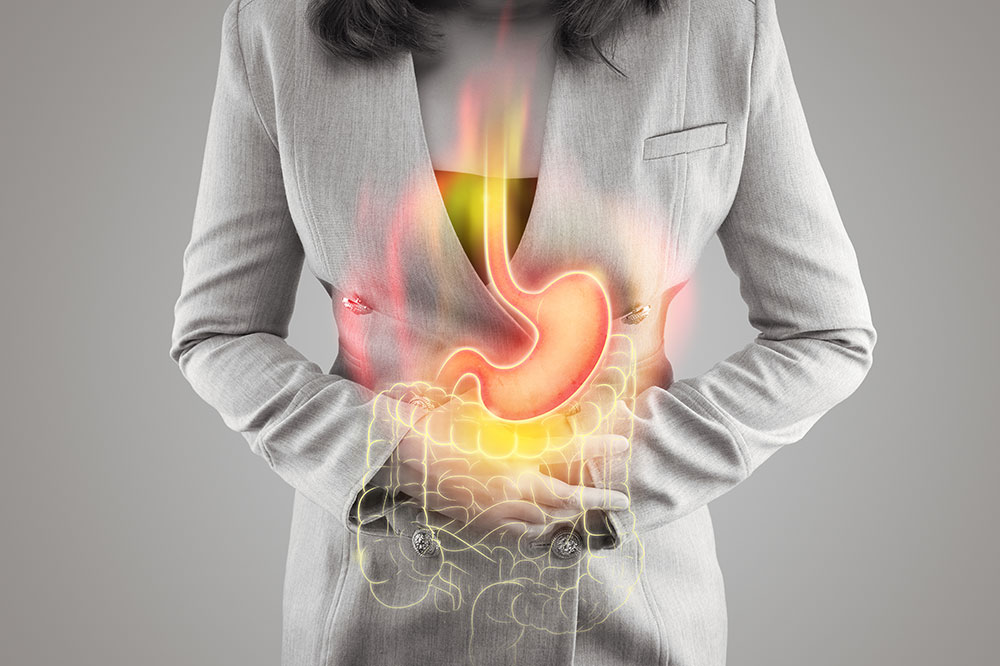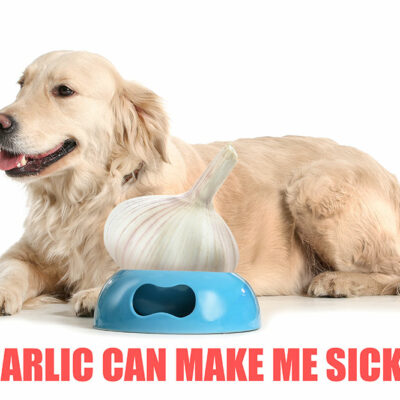
GERD Stages and How to Manage Them
Gastroesophageal reflux disease is also commonly known as GERD. It is a condition that occurs when the ring of muscle known as the lower esophageal sphincter does not function properly. This allows the acid from the stomach to flow back into the esophagus. Here are the stages of GERD and the treatment options that are available.
1. Stage 1 – Mild
The symptoms of GERD are mild and are experienced once or twice a month. A few lifestyle changes and over-the-counter medications can be used to treat mild GERD.
2. Stage 2 – Moderate
The symptoms of the condition are frequent, and patients would require prescription medications to cope with the condition. Patients who experinece the symptoms of GERD a few times a week are diagnosed with moderate GERD. If untreated, moderate GERD can have an impact on daily life or result in esophageal inflammation.
3. Stage 3 – Severe
Patients with severe GERD would also require prescription medications to cope with their symptoms. Erosive esophageal inflammation is commonly seen in these patients, and surgical procedures to restore the proper functioning of the lower esophageal sphincter would be required to overcome this condition.
4. Stage 4 – Esophageal cancer
Long-term untreated severe reflux could progress to this stage. A pre-cancerous condition known as Barrett’s esophagus may develop that could turn cancerous.
Treatment options of GERD
1. Antacids
These medications help to neutralize stomach acid and prevent heartburn. They are available without a prescription and can provide temporary relief. However, long-term use of these can have an impact on the way the body breaks down and uses calcium. There are chances of an unwanted magnesium buildup in the body.
2. H2 Blockers
These medications reduce the amount of acid secreted or produced in the stomach and are recommended to those who have chronic heartburn and reflux.
3. Proton pump inhibitors (PPIs)
This medication is effective in treating GERD, as it blocks the protein needed to produce stomach acid.
4. Prokinetics
In rare cases, these medicines help empty the stomach’s contents faster, resulting in less acid. However, they cause serious side effects and should only be used for a short time.
5. Surgery
If the treatment options mentioned above cannot alleviate the symptoms of this condition, then a procedure known as fundoplication might be performed. This procedure can be done laparoscopically or as open surgery.
In addition to the above treatment options for GERD, a few nutritional and lifestyle changes, such as avoiding certain foods and beverages that trigger the symptoms, quitting smoking, and eating smaller portions of food, can help reduce the symptoms.


